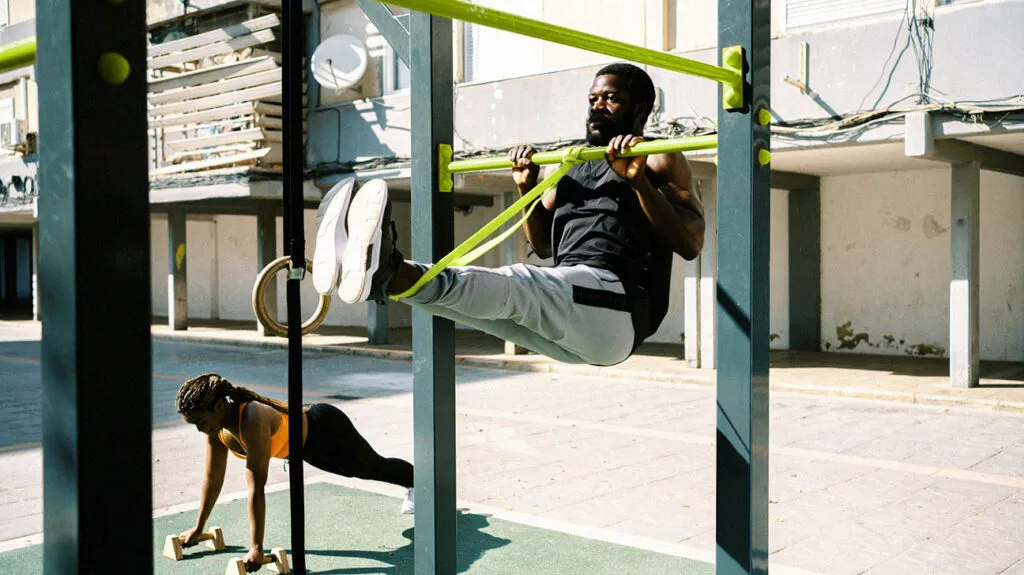ISLAMABAD, August 12(ABC): Veganism is a growing practice with the number of people following a vegan diet or lifestyle in the United States increasing from around 1% in 2014 to roughly 10% in 2022.
However, in addition to its health benefits, research has also indicated a link between the vegan diet and a higher susceptibility to fractures and low bone mineral density.
Studies show that resistance training can stimulateTrusted Source bone formation, whereas other common sportsTrusted Source such as cycling or swimming do not affect bone mineral density.
Knowing how different forms of physical activity affect bone mineral density among vegans could help inform public health recommendations.
Recently, researchers assessed the bone microarchitecture of vegans and matched omnivores.
They found that vegans who engaged in resistance training had a higher bone mineral density than vegans who engaged in aerobic exercise or no exercise at all.
They also found that vegans and omnivores who engaged in resistance training had similar bone structures.
“Veganism is a global trend with strongly increasing numbers of people worldwide adhering to a purely plant-based diet,” said Dr. Christian Muschitz, of St. Vincent Hospital Vienna and the Medical University of Vienna in Vienna, Austria, one of the study’s authors.
Resistance training vs. aerobics
For the study, the researchers recruited 43 healthy, non-obese men and women who had been on a plant-based diet for at least five years. They also recruited 45 non-obese men and women who had been on an omnivore diet for at least five years.
They assessed each participant’s bone mineral density via a noninvasive imaging technique known as high-resolution peripheral quantitative computed tomography (HR-pQCT)Trusted Source.
They also took fasting blood samples from participants and asked them to complete questionnaires detailing their diet and physical activity levels.
Nine women and 11 men in the vegan group reported progressive resistance training on a regular basis alongside 8 women and 17 men from the omnivore group.
“Resistance training is not limited to lifting weights,” Dr. Sabrina Corbetta, associate professor at the Department of Biomedical, Surgical and Dental Sciences at the University of Milan, who was not involved in the study, told Medical News Today.
“Resistance training is a form of exercise intended to increase muscular strength and endurance. It involves exercising muscles using some form of resistance. This resistance could be weights, bands, or even your own body weight working against gravity,” she added.
After analyzing the data, the researchers found that vegans who did not engage in resistance training had significantly diminished bone microarchitecture compared to non-resistance training omnivores.
However, they also noted that vegans who engaged in resistance training at least once per week had a similar bone structure to omnivores who also engaged in resistance training.
They further noted that vegans performing exclusively aerobic activities had similar bone microarchitecture to vegans who performed no sports at all.
The researchers also found that serum markers of bone turnover were within healthy values for both groups; however, the omnivore group had significantly higher calcium levels.

